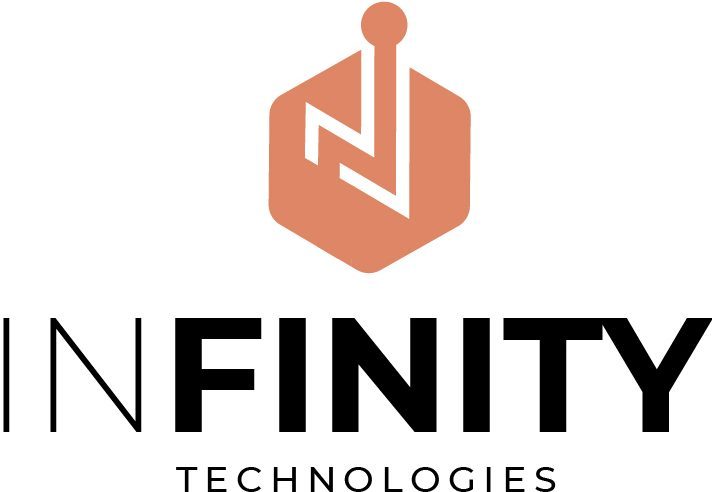Artificial Intelligence (AI) has revolutionized human research across various fields, introducing unprecedented opportunities and challenges. From healthcare to social sciences, AI has disrupted traditional methodologies, raising questions about ethics, biases, and the integrity of research outcomes. This essay explores how AI has influenced human research, highlighting both its benefits and drawbacks, and elucidates the crucial lessons learned in the process.
The Benefits of AI in Human Research:
AI has significantly enhanced the efficiency and accuracy of data analysis in human research. Machine learning algorithms can process vast amounts of data in a fraction of the time it would take humans, leading to faster discoveries and insights. For instance, in medical research, AI-driven algorithms have accelerated drug discovery processes, identified patterns in patient data for personalized treatment plans, and even assisted in diagnosing diseases with higher accuracy rates than human experts.
Furthermore, AI has facilitated the automation of repetitive tasks in research, allowing scientists to focus more on complex problem-solving and innovation. Natural Language Processing (NLP) algorithms, for example, have streamlined literature reviews by extracting relevant information from a multitude of academic papers, saving researchers valuable time and effort.
Moreover, AI has enabled interdisciplinary collaborations by bridging gaps between different fields of study. By analyzing diverse datasets and uncovering hidden correlations, AI has facilitated cross-disciplinary research initiatives, leading to novel discoveries and solutions to complex problems.
Challenges and Ethical Considerations:
However, the widespread adoption of AI in human research has also brought forth significant challenges and ethical considerations. One of the primary concerns is the potential for algorithmic biases, wherein AI systems may perpetuate or even exacerbate existing societal biases present in the data they are trained on. For example, facial recognition algorithms have been found to exhibit racial biases, leading to discriminatory outcomes, particularly against minority groups.
Moreover, the opacity of AI algorithms poses challenges to the reproducibility and transparency of research findings. Unlike traditional statistical methods, where researchers can scrutinize the underlying equations and assumptions, AI algorithms often operate as ‘black boxes,’ making it difficult to understand how decisions are made. This lack of transparency raises questions about the validity and reliability of AI-driven research outcomes.
Additionally, the ethical implications of AI in human research extend to issues such as data privacy, informed consent, and the potential for automation-induced job displacement. As AI systems increasingly collect and analyze sensitive personal data, ensuring the protection of individuals’ privacy rights becomes paramount. Moreover, the use of AI in decision-making processes, such as hiring or healthcare allocation, raises concerns about accountability and fairness.
Lessons Learned and Future Directions:
Despite the challenges posed by AI in human research, several important lessons have been learned, guiding future directions in research ethics and methodology. Firstly, there is a growing recognition of the need for interdisciplinary collaboration between researchers, ethicists, policymakers, and technologists to address the ethical implications of AI-driven research adequately.
Secondly, transparency and accountability must be prioritized in the development and deployment of AI algorithms. Researchers should strive to make their methodologies and data openly accessible, allowing for scrutiny and reproducibility. Additionally, mechanisms for auditing AI systems and mitigating biases should be integrated into research practices to ensure fairness and equity.
Moreover, ethical guidelines and regulations must evolve in tandem with technological advancements to safeguard individuals’ rights and mitigate potential harms. Institutional review boards and regulatory bodies play a crucial role in overseeing AI-driven research projects, ensuring compliance with ethical standards and data protection regulations.
Furthermore, there is a need for increased public awareness and engagement regarding the ethical implications of AI in human research. Educating both researchers and the general public about the potential risks and benefits of AI technologies fosters informed decision-making and promotes responsible research practices.
Conclusion:
In conclusion, AI has transformed human research in profound ways, offering unprecedented opportunities for innovation and discovery. However, this transformation has not been without its challenges, particularly concerning ethical considerations and biases. By embracing interdisciplinary collaboration, transparency, and ethical guidelines, researchers can harness the power of AI while mitigating potential risks and ensuring the integrity of their research endeavors. Moving forward, it is imperative to remain vigilant and proactive in addressing the ethical implications of AI in human research to uphold the principles of integrity, fairness, and respect for human rights.




